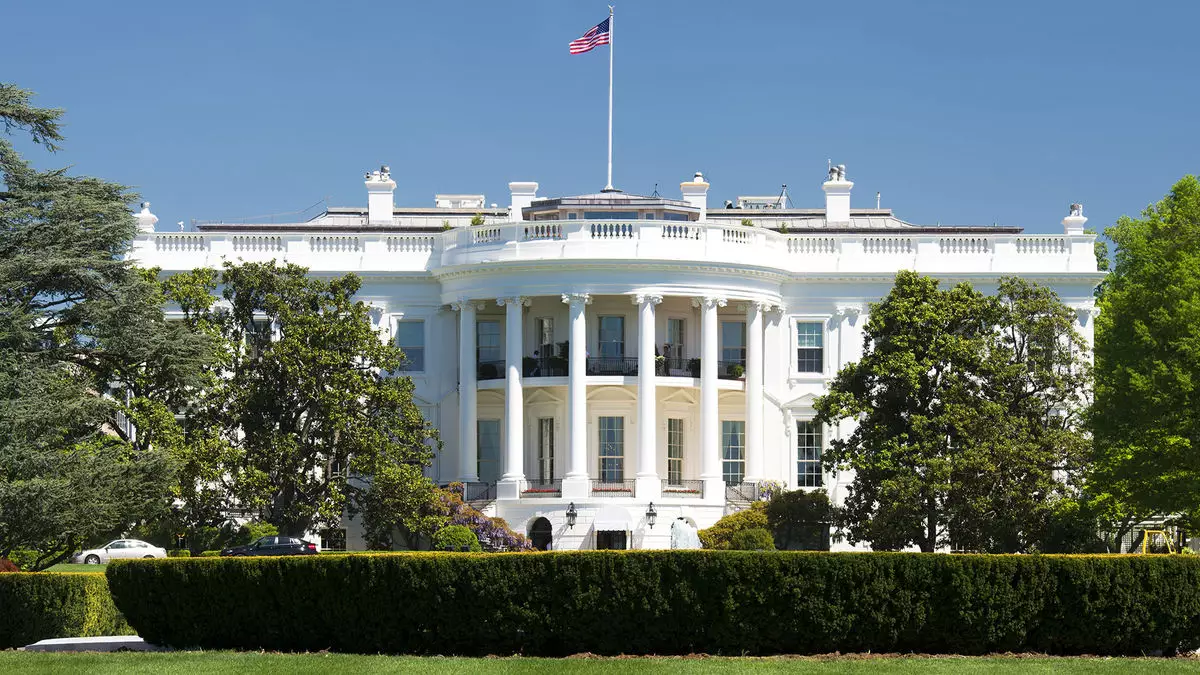The American Society of Travel Advisors (ASTA) has recently communicated a set of pressing priorities to the incoming Trump administration, emphasizing the implications of potential policies on the already fragile travel industry. With the clear intention of preparing the administration for decisions that could significantly alter the landscape of travel and tourism, ASTA’s letter outlines concerns ranging from proposed travel bans to airline ticket refund policies. At the crux of this communication lies a desire to foster a more favorable environment for travelers and travel advisors alike, amid an atmosphere fraught with uncertainty.
During his campaign, Donald Trump pledged to reinstate and potentially expand travel bans similar to those enacted during his first presidency. Specifically, he mentioned a prohibition against refugees from conflict-ridden regions such as Gaza. The initial travel ban issued in January 2017 sparked widespread disapproval from the travel industry, raising alarms about its long-term effects on inbound tourism. ASTA’s CEO, Zane Kerby, has voiced the ongoing concern that any restrictions on travel could create a ripple effect of uncertainty throughout the sector, ultimately damaging the U.S. tourism market’s competitiveness. As Kerby articulated in his recent communication, the travel industry’s vulnerability to unpredictable policies cannot be overstated; any proposed bans or complicated travel restrictions would inadvertently signal a disinvestment in a sector that thrives on global accessibility and freedom of movement.
Airline Ticket Refunds: A Matter of Equity
Another crucial issue that ASTA highlighted pertains to recent Department of Transportation (DOT) regulations concerning airline ticket refunds. Under the new rules that took effect on October 28, 2023, airlines are required to refund customers whose flights are canceled or substantially modified. However, this has created a distinct challenge for travel agencies, particularly those that purchase tickets in bulk; they often find themselves responsible for issuing refunds without solid recourse for reimbursement from airlines. ASTA’s concern revolves around the cash flow implications this places on travel agencies, which may not have sufficient liquidity to manage these refunds without jeopardizing their operational viability. In its appeal, ASTA has suggested that the new administration should establish a clearer structure for reimbursement timelines and streamline the responsibility for refund payments to mitigate financial strain on agencies.
The classification of workers remains a contentious topic, particularly for travel advisors who frequently engage independent contractors (ICs). ASTA estimates that around 85,000 ICs operate in the United States, contributing significantly to the fabric of the travel advisory industry. However, new Department of Labor rules issued in January 2024 have introduced inconsistencies regarding how these workers are classified, further complicating their operational status. ASTA has urged the incoming administration to revert to the more straightforward classification criteria established during the Trump administration that focused primarily on control over work and profit opportunity. This call for consistency is about more than just regulations; maintaining a stable workforce is vital for an industry heavily reliant on the adaptability and independence of ICs.
The travel industry is also navigating the complexities of consumer protection concerning hotel fees, as stipulated by the Federal Trade Commission’s (FTC) new rules. ASTA has expressed apprehension regarding the potential consequences for travel agencies accused of receiving inaccurate information from hotels. The organization is advocating for a safe harbor provision that would protect agencies from liability when they are merely intermediaries in the transactions. With many travel management companies operating behind the scenes, their exemption from such enforcement is crucial for maintaining their operational integrity and customer trust.
A Seat at the Table: Amplifying Travel Advisors’ Voices
In light of the challenges facing the travel sector, ASTA has called for the establishment of the Passenger Experience Advisory Committee within the DOT. This committee is intended to provide a platform where travel advisors could contribute their perspectives and experiences, ensuring that their voices are not sidelined in regulatory conversations, especially as they account for a significant portion of air ticket sales. In its outreach, ASTA has suggested that the new administration should appoint qualified travel professionals to key positions within the Department of Commerce, including the role of assistant secretary for travel and tourism. This strategic placement of experienced individuals could ensure that the travel industry is represented and supported at the highest levels of government decision-making.
ASTA’s proactive engagement with the incoming administration illustrates the necessity for constructive dialogue and collaboration between regulatory bodies and the travel sector. Addressing concerns over travel bans, ticket refunds, worker classification, and consumer protections will be essential in navigating the complex landscape that lies ahead for the travel industry. As it stands, the priorities articulated by ASTA reflect an industry eager to adapt and thrive, despite the challenges that may arise.


Leave a Reply